
The time period “fascism” is more and more used to explain the agenda and actions of the present Russian state below Russian President Vladimir Putin. In the present day’s use of this label has three dimensions: It’s a historic analogy to interpret current occasions, an expression of Ukraine's lived expertise, and a scholarly classification enabling comparisons with different regimes. Understanding these views sheds gentle on the ideological and sensible dynamics behind Putinism and its impression on Ukraine and past.
Characterizing Putin’s regime as fascist usually serves as a diachronic analogy or metaphorical classification to higher perceive present developments in Russia and its occupied territories. Drawing parallels with historic occasions helps to spotlight key options and challenges in modern Russia. Labeling Putin’s regime as “fascist” goals to make clear for most of the people the character of occasions unfolding in Russia and in Ukrainian territories below its management.
"Characterizing Putin’s regime as fascist usually serves as a diachronic analogy or metaphorical classification to higher perceive present developments in Russia and its occupied territories."
This comparability is justified by quite a few parallels between Putin’s home and international insurance policies and people of Benito Mussolini’s Italy and Adolf Hitler’s Germany. By late 2024, political, social, ideological, and institutional similarities have gathered. These vary from the more and more dictatorial and, in some respects, totalitarian traits of Putin’s regime to the Kremlin’s revanchist and genocidal tendencies in its exterior actions. Historian Timothy Snyder has additionally famous that Russia’s official historic reminiscence and political iconography have, in coded methods, grow to be pro-fascist.
 The Kyiv IndependentAbbey Fenbert
The Kyiv IndependentAbbey Fenbert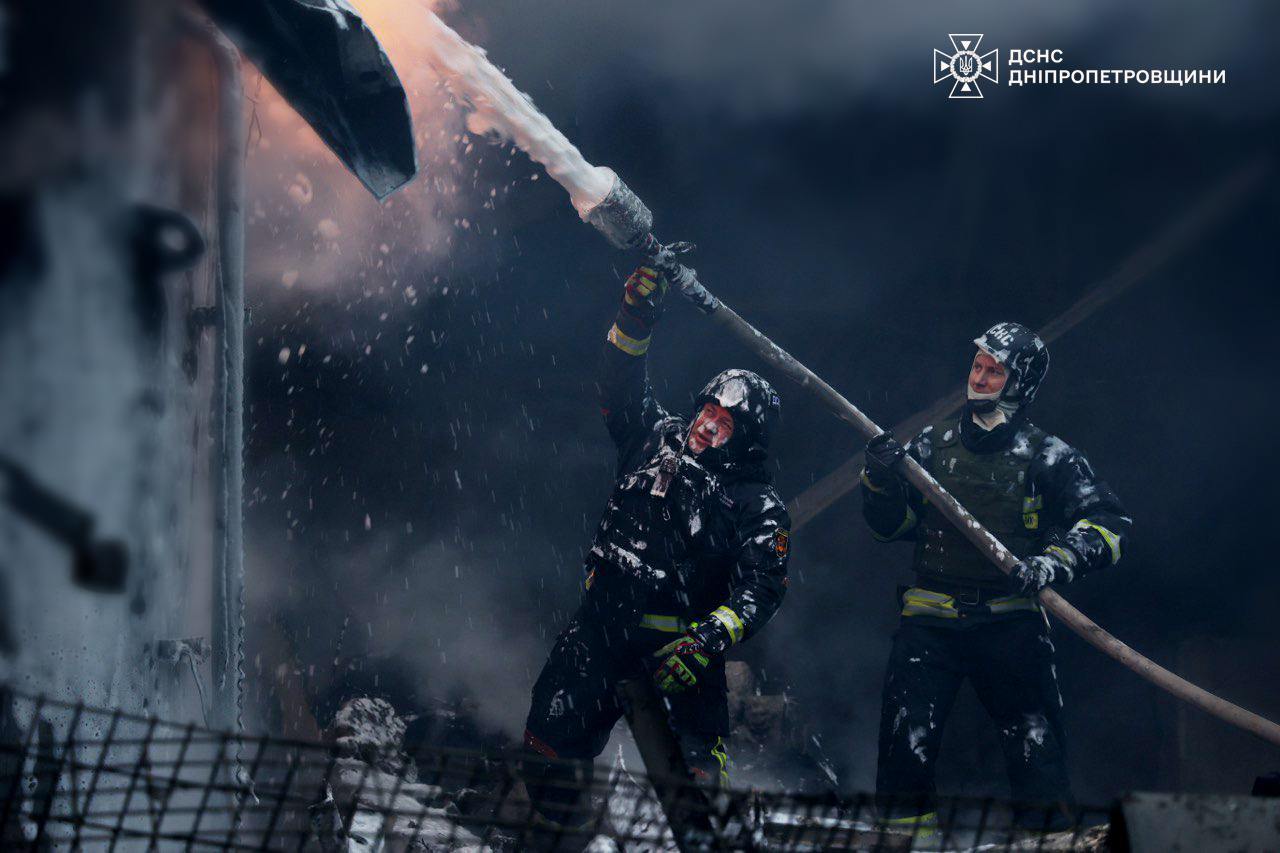
In 2018, Snyder highlighted Ivan Ilyin, a right-wing mental from the inter- and post-war Russian emigration who admired Mussolini and Hitler. Below Putin, Ilyin has gained renewed prominence. Snyder describes Ilyin’s work as offering “a metaphysical and ethical justification for political totalitarianism” and “sensible outlines for a fascist state.” Putin has overtly celebrated Ilyin’s concepts, and Ilyin’s affect is obvious within the rhetoric of Russian officers, together with Dmitry Medvedev, International Minister Sergey Lavrov, and Patriarch Kirill of the Russian Orthodox Church.
Putin’s invocation of Ilyin was notably specific in a speech marking the unlawful annexation of Ukraine’s Donetsk, Luhansk, Zaporizhzhia, and Kherson oblasts in September 2022. Putin concluded his remarks with an Ilyin quote: “If I (Iliyn) contemplate Russia my Motherland, it implies that I like, replicate, and assume, sing, and communicate in Russian; that I consider within the religious energy of the Russian individuals. Its spirit is my spirit; its future is my future; its struggling is my sorrow; its flowering is my pleasure.”
For Ukrainians, the time period “fascism” features not solely as a historic analogy but in addition as a verbal expression of collective trauma. Since Russia's invasion in 2014, Ukrainians have coined the time period “ruscism” (a mix of "Russia" and "fascism," pronounced “rashyzm”) to explain the Kremlin's genocidal marketing campaign towards their nation. This neologism captures the shock and despair brought on by Russia's relentless aggression, from airstrikes on civilians to cultural erasure.
The phrases “fascism” and “ruscism” are utilized by the Ukrainian authorities and society as rallying cries to mobilize home and worldwide assist towards Russian aggression. These labels are supposed to spotlight the existential stakes of Russia's warfare of extermination for Ukraine. They signify that Russia's marketing campaign isn’t merely about territorial conquest. Since 2022, Russia’s revanchist ambitions have centered on annihilating Ukraine as an unbiased nation-state and distinct cultural group. On this, the Kremlin's phrases and actions align.
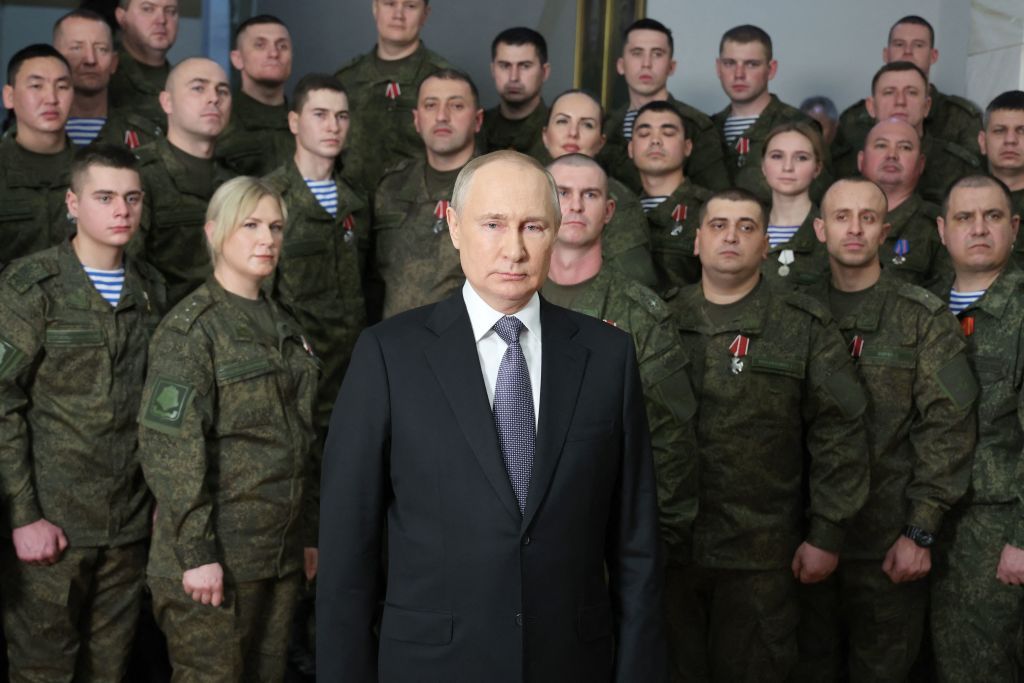
Even earlier than Feb. 24, 2022, statements by Russian officers, lawmakers, and propagandists urged that Moscow’s objectives prolonged past redrawing borders, restoring regional hegemony, or resisting the Westernization of Jap Europe. Since at the least 2014, Russia has ruthlessly focused Ukrainian nationwide identification, tradition, and sentiment.
Whereas it might be an overreach to equate Russian Ukrainophobia with the Nazis' organic and eliminatory antisemitism, Moscow’s irredentist warfare goals to destroy Ukraine as a sovereign polity and unbiased civil society. The Kremlin doesn’t search to bodily annihilate all Ukrainians, because the Nazis did with the Jews. Nonetheless, its agenda goes far past harassment, deportation, and indoctrination. It entails the expropriation, terrorization, imprisonment, torture, and homicide of Ukrainians (and a few Russians) who resist Russia’s navy growth, political repression, and cultural dominance.
"Whereas it might be an overreach to equate Russian Ukrainophobia with the Nazis' organic and eliminatory antisemitism, Moscow’s irredentist warfare goals to destroy Ukraine as a sovereign polity and unbiased civil society."
Given this context, it’s unsurprising that many Ukrainians and a few Russian observers describe Russia's actions as “fascist.” For thousands and thousands of Ukrainians residing below occupation or returning to a war-torn homeland, Moscow’s brutality is made manifest via relentless airstrikes, which steadily goal civilian infrastructure — properties, supermarkets, hospitals, and colleges — quite than navy websites.
Army historians may argue that concentrating on civilians isn’t distinctive to fascist warfare. Nonetheless, for many Ukrainians, the time period “fascism” captures their actuality and resonates with their collective reminiscence of historic fascism, significantly German Nazism. For older Ukrainians who lived via World Struggle II and youthful who realized about it from their mother and father or grandparents, the parallels with the Luftwaffe's air raids on civilian populations, Third Reich’s occupation insurance policies, and Nazis’ anti-Slavic racism are stark.
An rising variety of specialists on Central and Jap Europe now describe Putin's Russia as fascist. Nonetheless, many comparative historians and political scientists hesitate to make use of this time period resulting from their slim definitions of generic fascism. For these students, a defining attribute of fascism is the pursuit of political, social, cultural, and anthropological re- or new beginning, quite than restoring a previous order.
 The Kyiv IndependentKamila Hrabchuk
The Kyiv IndependentKamila Hrabchuk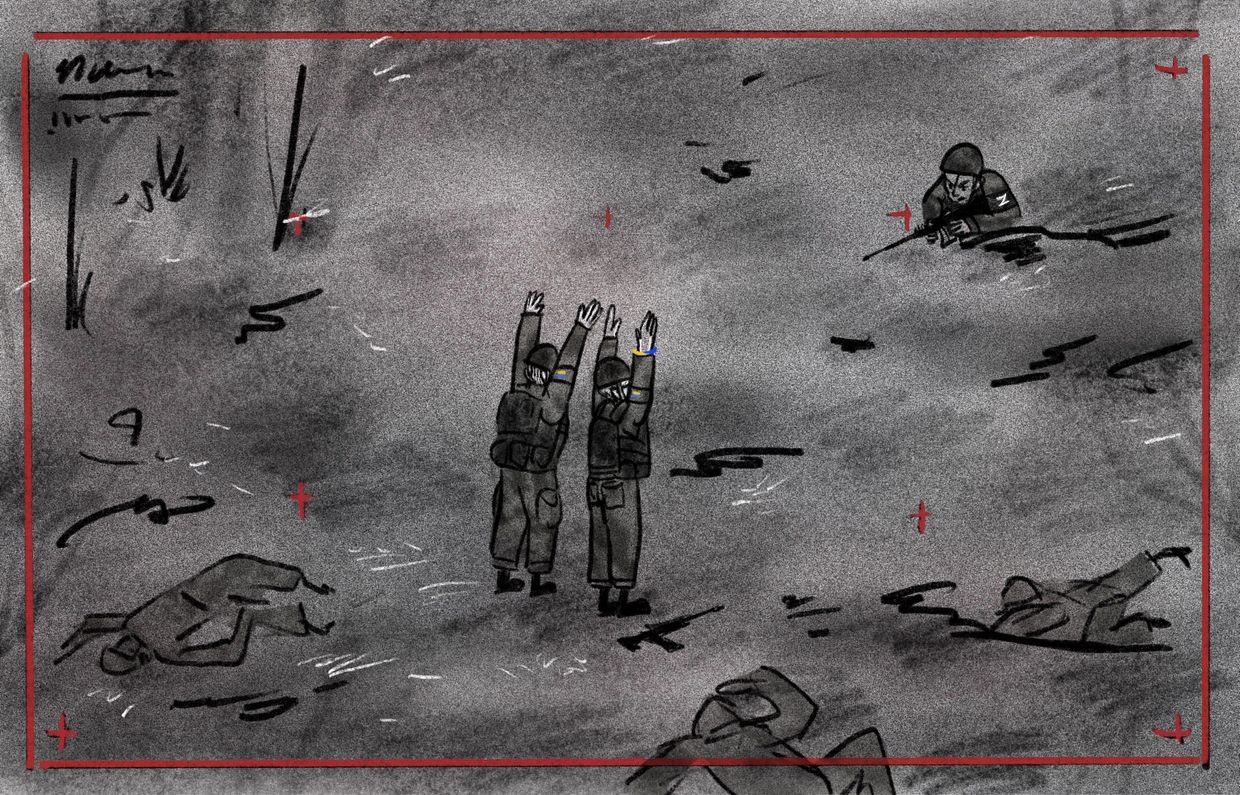
Fascists usually mythologize a Golden Age from their nation’s distant previous however intention to forge a brand new nationwide group quite than to protect or revive the at present decaying order. Not like the revolutionary nature of fascism, Putinism seeks to revive the Tsarist and Soviet empires as an alternative of making a wholly new Russian state, tradition, and identification. For that reason, many comparativists chorus from categorizing Putin’s regime as fascist.
Nonetheless, Putinism has developed considerably over the previous 25 years. Putin started his political profession below pro-Western democrats Anatoly Sobchak and Boris Yeltsin. Early in his presidency, Russia maintained liberal and pro-European parts, and entered the Council of Europe, NATO-Russia Council, and G8. Moscow even negotiated a deepened partnership settlement with the EU till 2014.
Nonetheless, Putin’s rise to energy in 1999 marked the beginning of Russia’s regression from a proto-democracy to an autocracy. In 2007, throughout his notorious Munich Safety Convention speech, Putin signaled a decisive flip away from the West. Over time, his regime grew to become more and more intolerant, nationalist, imperialist, and militaristic, with a partial pause throughout Dmitry Medvedev’s palliative presidency. By 2022, Russia’s pseudo-federation had shifted from semi-authoritarian to semi-totalitarian, culminating within the full-scale invasion of Ukraine and alignment with authoritarian Asian states.
The regime’s regression has been marked not solely by escalating rhetorical aggression, inside repression, exterior escalation, and political radicalization. Putin and his entourage now routinely threaten to make use of nuclear weapons. Russia additionally implements a form of agenda within the occupied Ukrainian territories that resembles fascist methods.
Within the occupied territories, Russia’s russification marketing campaign employs terror, compelled reeducation, and materials incentives to impose a profound sociocultural transformation. Whereas such revisionist insurance policies aren’t inherently fascist, the Kremlin’s strategies and objectives — turning Ukrainian communities into ideologically standardized cells of a unified "Russian individuals" — share similarities with the tried fascist revolutions of Mussolini’s Italy and Hitler’s Germany.
 The Kyiv IndependentYevheniia Motorevska
The Kyiv IndependentYevheniia Motorevska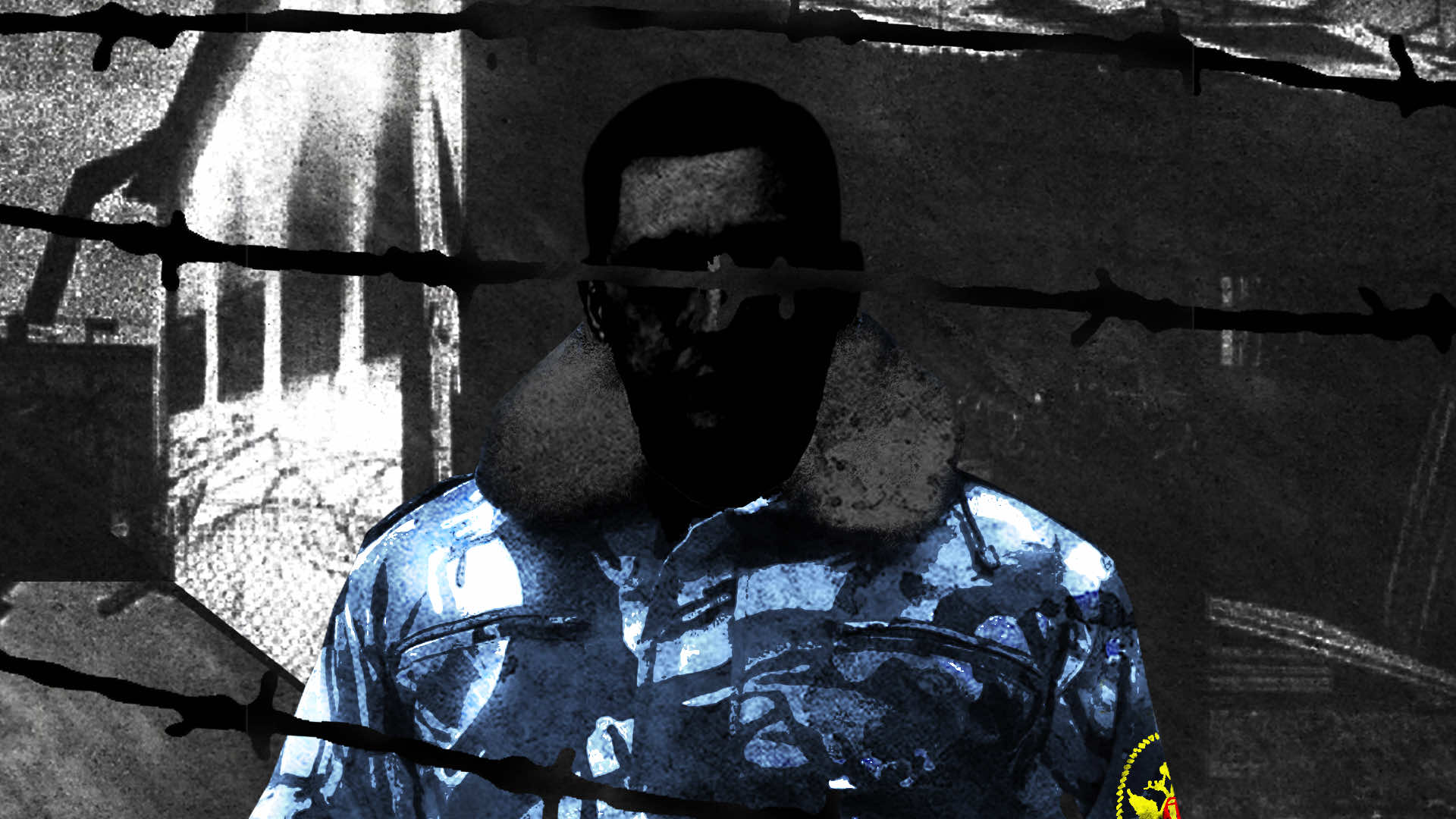
Russian imperial ultranationalists view Ukraine as a part of “New Russia” or “Little Russia,” dismissing Ukrainians as a merely sub-ethnic group of the higher Russian individuals. Of their narrative, Ukrainians have been misled by international actors — be it the Catholic Church, Imperial Germany, the Bolsheviks, or the West — into forming a man-made nation. This irredentist imaginative and prescient portrays Ukrainians as border-dwellers of the Russian empire quite than residents of an unbiased state.
Moscow’s occupation coverage seeks to reverse this perceived “civilizational break up” by conducting a rebirth of "Little Russia" throughout the annexed territories. This entails a political, social, cultural, and anthropological transformation harking back to fascist home and occupation insurance policies. Whereas inhabitants homogenization campaigns aren’t unique to fascism, the Kremlin’s russification efforts in Ukraine align intently sufficient with classical fascist methods to be thought of quasi-fascist.
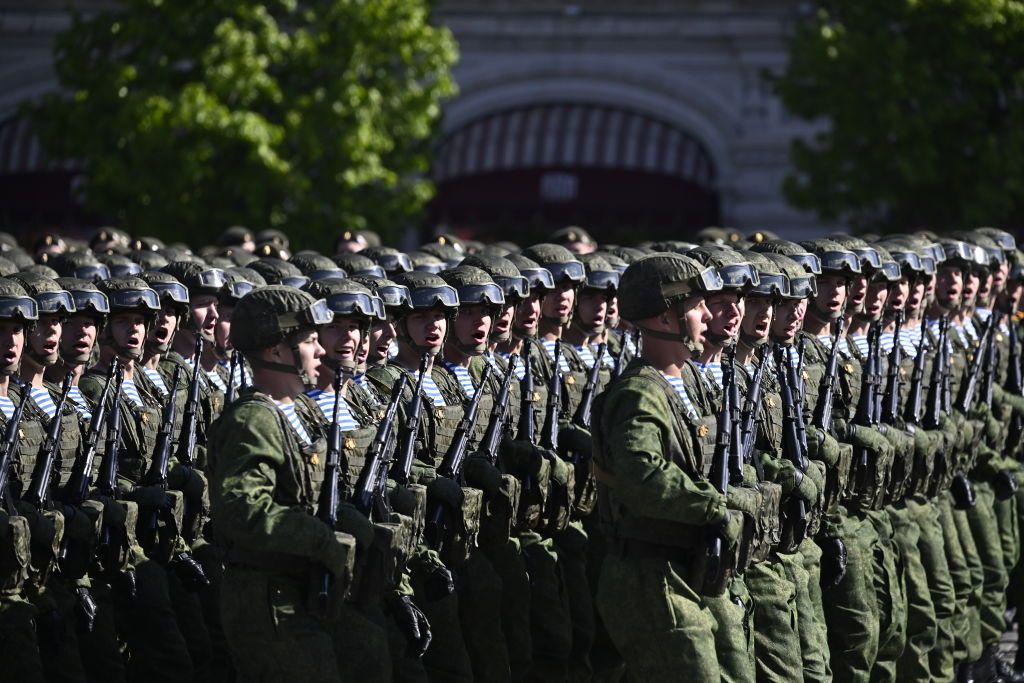
Russia’s present inside state of affairs continues to be removed from full-fledged fascism, as Putin and his circle aren’t any home revolutionaries however representatives of the pre-1991 “ancien régime.” Slightly than forging a novel empire, they intention to revive the Tsarist and Soviet orders as a lot as attainable. On this sense, Putin is much less akin to Hitler and extra corresponding to Germany’s final Reich president, Paul von Hindenburg, who enabled Hitler’s rise to energy by appointing him Reich chancellor on Jan. 30, 1933.
Inside Russian pan-nationalism, Ukraine is seen not as a international nation however because the western frontier of Larger Russia. Whereas most outsiders interpret Moscow’s aggressive Ukraine coverage as an implementation of Russia’s international political priorities, many Russians see it as an inside affair. This notion frames the remedy of Ukraine as a household matter, the place the norms of worldwide legislation and humanitarian conventions are deemed irrelevant.
For Ukrainian victims and worldwide critics of Russia’s actions, the refusal of many students to label Putin’s regime as fascist can appear insufficient, disingenuous, and even amoral. Russia’s forces and occupation authorities in Ukraine — significantly because the full-scale invasion of 2022 — have engaged in horrendous acts of terrorism, genocide, and sadism. Insisting that these actions are unequivocally and solely non-fascist feels jarring in gentle of atrocities just like the mass murders in Bucha and Mariupol, destruction of the Kakhovka Dam, mass deportation of Ukrainian youngsters, routinized torture of the overwhelming majority of Ukrainian prisoners of warfare, and focused airstrikes on house buildings, universities, and libraries throughout Ukraine.
"For Ukrainian victims and worldwide critics of Russia’s actions, the refusal of many students to label Putin’s regime as fascist can appear insufficient, disingenuous, and even amoral."
These crimes are neither incidental byproducts of navy operations nor singular aberrations by native commanders nor commonplace neocolonial practices. A cautious classification of the ideology behind Russia’s warfare of extermination as merely “intolerant,” “conservative,” or “traditionalist” appears thus grossly inadequate. Many who’ve studied the harrowing particulars of Russia’s mass terror marketing campaign in Ukraine would discover such descriptors deceptive.
On the similar time, lowering Putinism solely to fascism oversimplifies its nature. Explaining Moscow’s aggression purely as an outgrowth of ultra-nationalist fanaticism ignores the political pragmatism behind lots of its actions. Whereas fascists exist inside Russia’s political and mental elite, many of the nation’s key policymakers are cynics quite than fanatics.
 The Kyiv IndependentOlesia Bida
The Kyiv IndependentOlesia Bida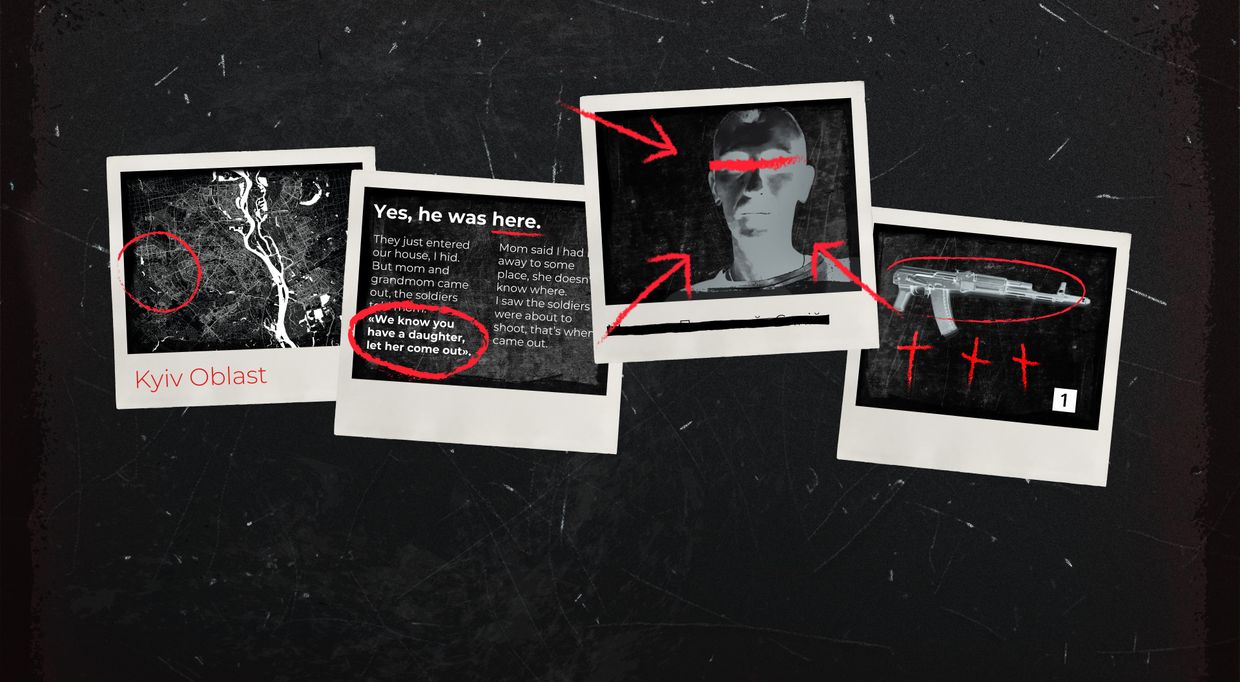
A big consider Russia’s pre-2022 international coverage adventures was their perceived ease and reward. Earlier navy interventions in Georgia, Ukraine, and Syria weren’t solely tactically profitable but in addition bolstered Putin’s home standing. These campaigns stabilized Putin's rule in Russia’s largely conformist society, the place victories overseas translated into standard assist at dwelling.
By early 2022, as Putin’s approval rankings have been waning once more, a repetition of the sample of earlier international interventions might have appeared rational given their prior victories on the bottom and enthusiastic notion at dwelling. Russia’s earlier navy ventures had confirmed politically advantageous, strategically predictable, militarily efficient, economically manageable, and broadly standard. From this attitude, the choice to escalate in Ukraine displays not only a murderous ideology but in addition calculated pragmatism.
Editor’s Word: The opinions expressed within the op-ed part are these of the authors and don’t essentially replicate the views of the Kyiv Impartial.
Submit an Opinion